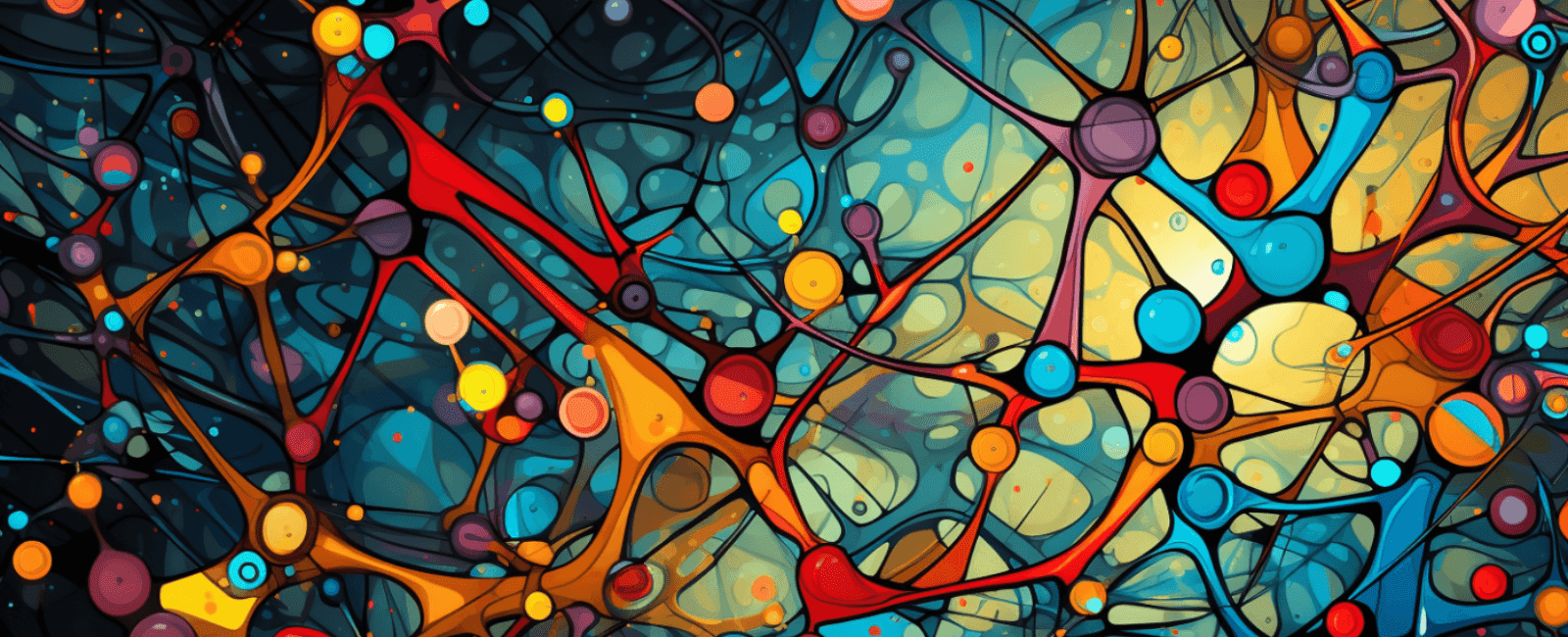

Psychedelic therapy has garnered attention throughout the years for its potential to treat various mental health conditions, such as post-traumatic stress disorder (PTSD), substance abuse disorders, and treatment-resistant depression. However, despite several clinical trials and studies, scientists do not fully understand the molecular mechanisms that cause these effects to occur. In a new study, researchers from John Hopkins University discovered that a single dose of psychedelic drugs could possibly reopen critical periods in the brain, influencing periods of brain development.
What are critical periods?
In certain periods of brain development, the nervous system becomes more sensitive to stimuli that are significant for our natural behavior, like vision, hearing, learning a new language, and developing new skills. This period of time is crucial to the early development of organisms, as this is when essential survival skills are learned. If the organism does not develop their needed skills during the critical period, it will be more difficult, if not impossible, for them to acquire these skills later on. In humans, the crucial period begins at birth and ends around puberty, where different periods within that time lead to the acquisition of essential life skills.
Researchers speculate that the altered state of consciousness that occurs when individuals experience psychedelics is similar to their personal experience of reopening critical periods. When the brain undergoes psychedelics, it has heightened neural plasticity, allowing it to be more open to learning and adapting to new experiences. Scientists refer to this occasion as the open state, which they believe is a critical period since the brain is capable of going through significant changes. The changes that are induced in the brain by psychedelic drugs involve the reorganization of the extracellular matrix. This supportive structure plays a role in how the brain forms connections and adapts to new experiences (1). The connection between the critical periods in brain development and the open state induced by psychedelics demonstrates the brain’s ability to adapt and learn, especially during specific developmental phases.
Neuroscientists have searched for a way to reopen critical periods with no avail. One previous study found that MDMA could reopen a critical period related to social reward learning, a process where individuals seek positive reinforcements from engaging in social interactions (i.e., praise, empathy, cooperation, and friendship). This mechanism appears to be linked to the therapeutic effects of MDMA for PTSD treatment (2). Before this study, other psychedelics had not yet been studied for their abilities to reopen this critical period. Substances like psilocybin and LSD do not have the same prosocial properties as MDMA. However, like other psychedelics, they alter the state of consciousness, so researchers wanted to determine whether this effect is common to all psychedelic drugs.
Results of the study
In the recent study, published in the journal Nature, the researchers wanted to determine whether or not other psychedelics could reopen a critical learning period. They gave different psychedelics to adult male mice (ketamine, ibogaine, LSD, MDMA, and psilocybin). Other mice were given a saline substance as the control group. Using different testing methods, researchers measured the mice’s response to social rewards and examined how they learned in their social environment. They found that mice treated with psychedelic substances displayed a significant increase in their response to social rewards. This indicates that psychedelics other than MDMA can also lead to a critical learning reopening for social rewards.
Though all tested psychedelics had the ability to reopen critical periods, the researchers found that different substances had varying durations of critical period reopening following treatment. A week after the treatment, all mice except those treated with ketamine still exhibited social reward learning. Psilocybin’s critical period lasted for two weeks, while LSD-treated mice continued to display social reward learning until the three-week mark. Finally, by week four, only ibogaine-treated mice continued to have an open social reward learning critical period. The duration of the critical period reopening in the mouse subjects appeared to be connected to how long the acute effects of these drugs are on humans.
“This relationship gives us another clue that the duration of psychedelic drugs’ acute effects may be the reason why each drug may have longer or shorter effects on opening the critical period,” says Gül Dölen, M.D., Ph.D., associate professor of neuroscience at the Johns Hopkins University School of Medicine. “The open state of the critical period may be an opportunity for a post-treatment integration period to maintain the learning state. Too often, after having a procedure or treatment, people go back to their chaotic, busy lives that can be overwhelming. Clinicians may want to consider the time period after a psychedelic drug dose as a time to heal and learn, much like we do for open heart surgery.”
The researchers conducted several other tests to determine how psychedelics impact the brain on a molecular level. Psychedelic drugs are known to interact with serotonin receptors in the brain. The scientists found that LSD and psilocybin used a specific serotonin receptor called 5-HT2AR to open up the critical period related to social reward learning. However, MDMA, ibogaine, and ketamine did not use this receptor during the process. To dig deeper into how these substances work, researchers injected mice with various psychedelics and then tested a specific area in the brain called the nucleus accumbens. This section of the brain plays a role in social reward behaviors. To determine these changes, they extracted and analyzed RNA to identify any genes that had significant changes in expression when the critical period was reopened during the drug treatment. The researchers discovered 65 genes showing significant differences in expression levels during and after the critical period openings. The discovery of these genes indicates that the reorganization of the extracellular matrix is a shared mechanism of psychedelic drugs and is responsible for critical period reopening (3).
Psychedelics beyond mental health treatment
The results of this study offer a new way of understanding psychedelics for their therapeutic potential. The findings suggest that critical period reopening could be the underlying neural process responsible for psychological flexibility and cognitive reassessments. These processes are linked to long-lasting changes in the mind related to the successful treatment of mental health conditions. Furthermore, the study points to the possibility that psychedelic substances may unlock critical periods beyond social reward learning. This means that these drugs could potentially be used to treat other conditions related to brain circuit rearrangements, like language learning and regaining motor skills after a stroke.
The study revealed a common molecular mechanism involving metaplasticity and the regulation of the extracellular matrix that seems to determine the effects of psychedelics across various critical periods. This discovery suggests that psychedelic drugs may have a wide range of therapeutic applications beyond what was explored in this research. The results of this study demonstrate that other disorders, such as blindness, strokes, deafness, and autism, could potentially benefit from psychedelic treatments and should be examined in future studies.
References
- Lam, Doris, Heather A. Enright, Jose Cadena, Sandra K. G. Peters, Ana Paula Sales, Joanne J. Osburn, David A. Soscia, Kristen S. Kulp, Elizabeth K. Wheeler, and Nicholas O. Fischer. 2019. “Tissue-Specific Extracellular Matrix Accelerates the Formation of Neural Networks and Communities in a Neuron-Glia Co-Culture on a Multi-Electrode Array.” Scientific Reports 9 (1). https://doi.org/10.1038/s41598-019-40128-1.
- Nardou, Romain, Eastman M. Lewis, Rebecca Rothhaas, Ran Xu, Aimei Yang, Edward Boyden, and Gül Dölen. 2019. “Oxytocin-Dependent Reopening of a Social Reward Learning Critical Period with MDMA.” Nature 569 (7754): 116–20. https://doi.org/10.1038/s41586-019-1075-9.
- Nardou, Romain, Edward Sawyer, Young Jun Song, Makenzie Wilkinson, Yasmin Padovan-Hernandez, Júnia Lara de Deus, Noelle Wright, et al. 2023. “Psychedelics Reopen the Social Reward Learning Critical Period.” Nature, June, 1–9. https://doi.org/10.1038/s41586-023-06204-3.


